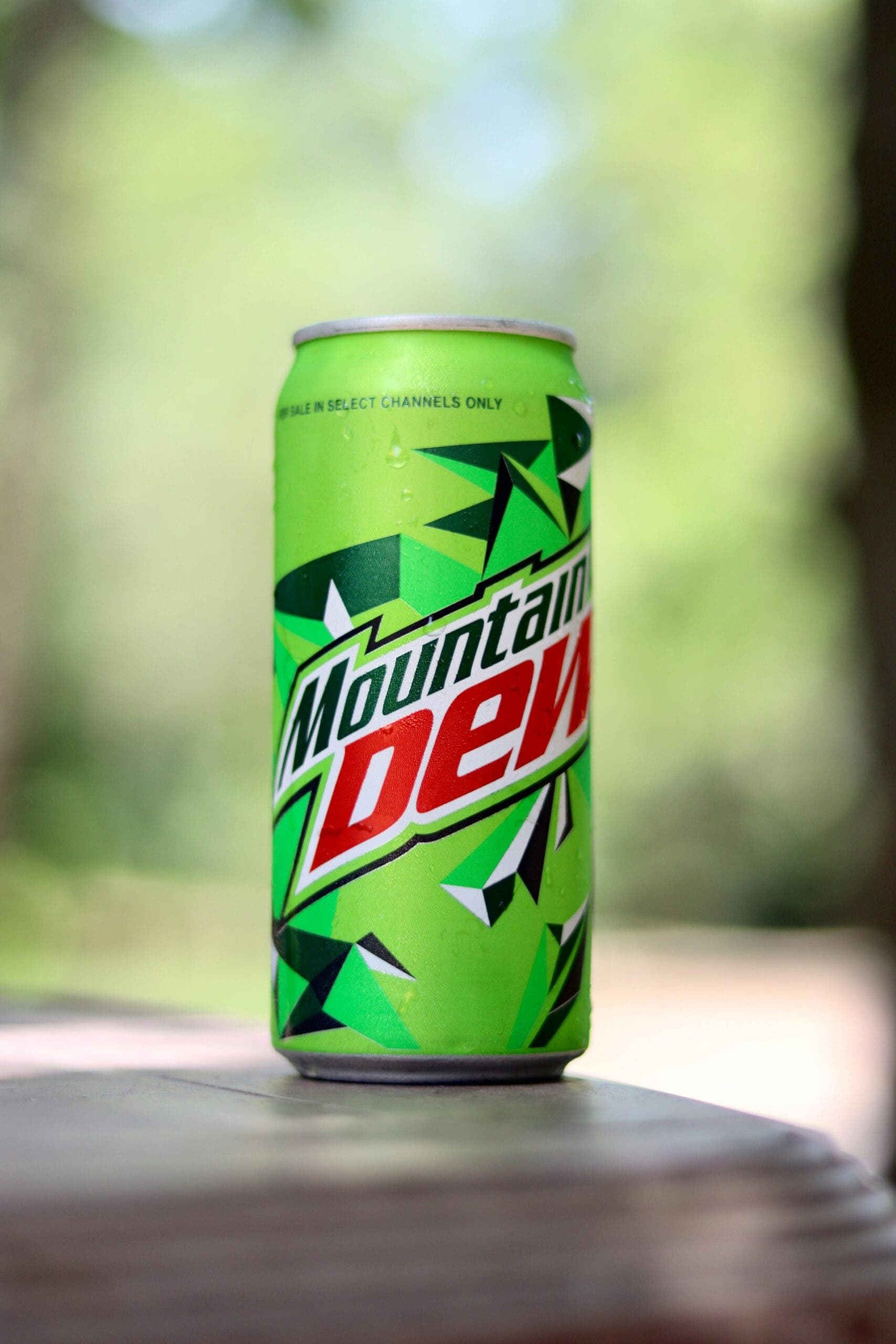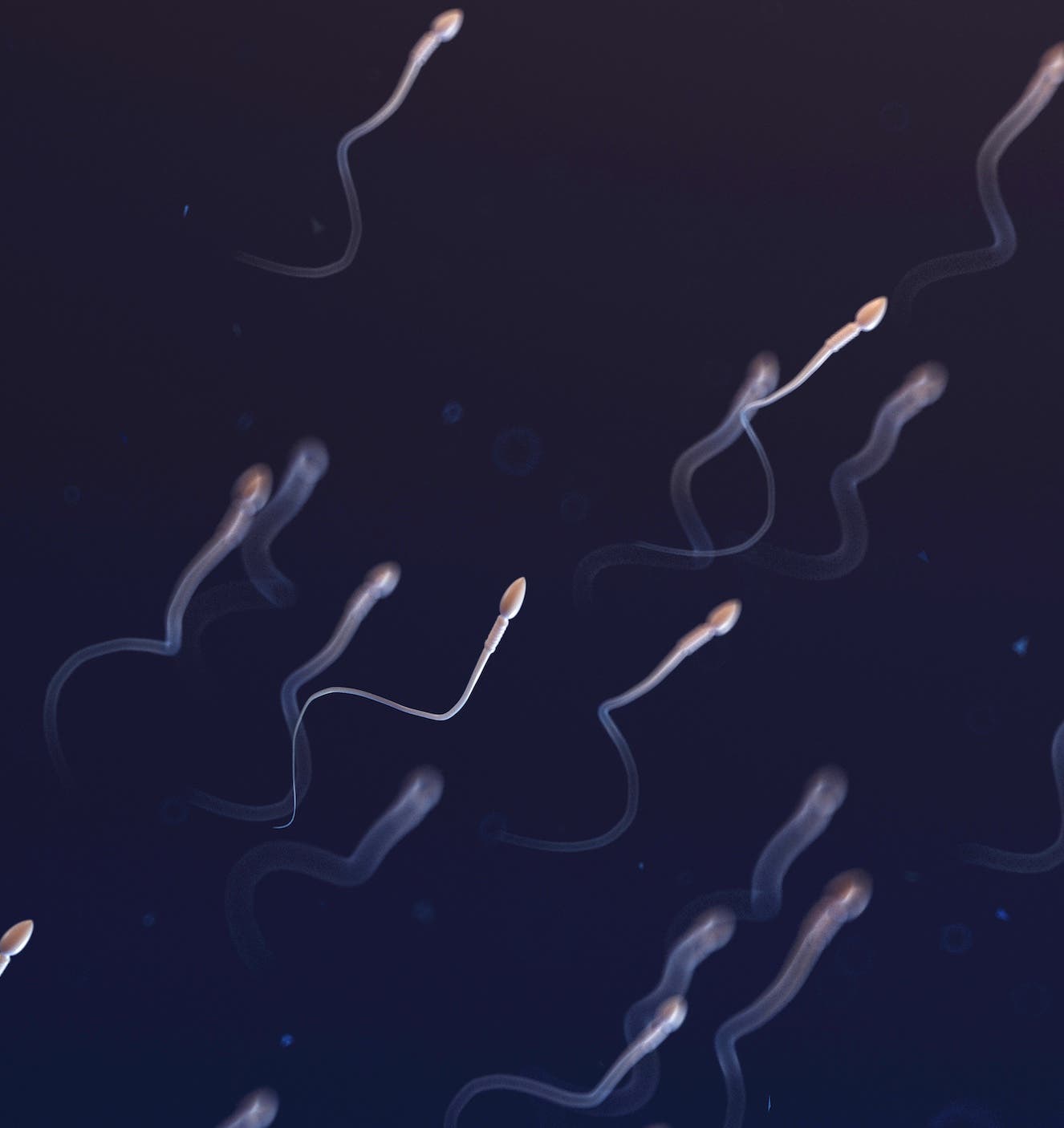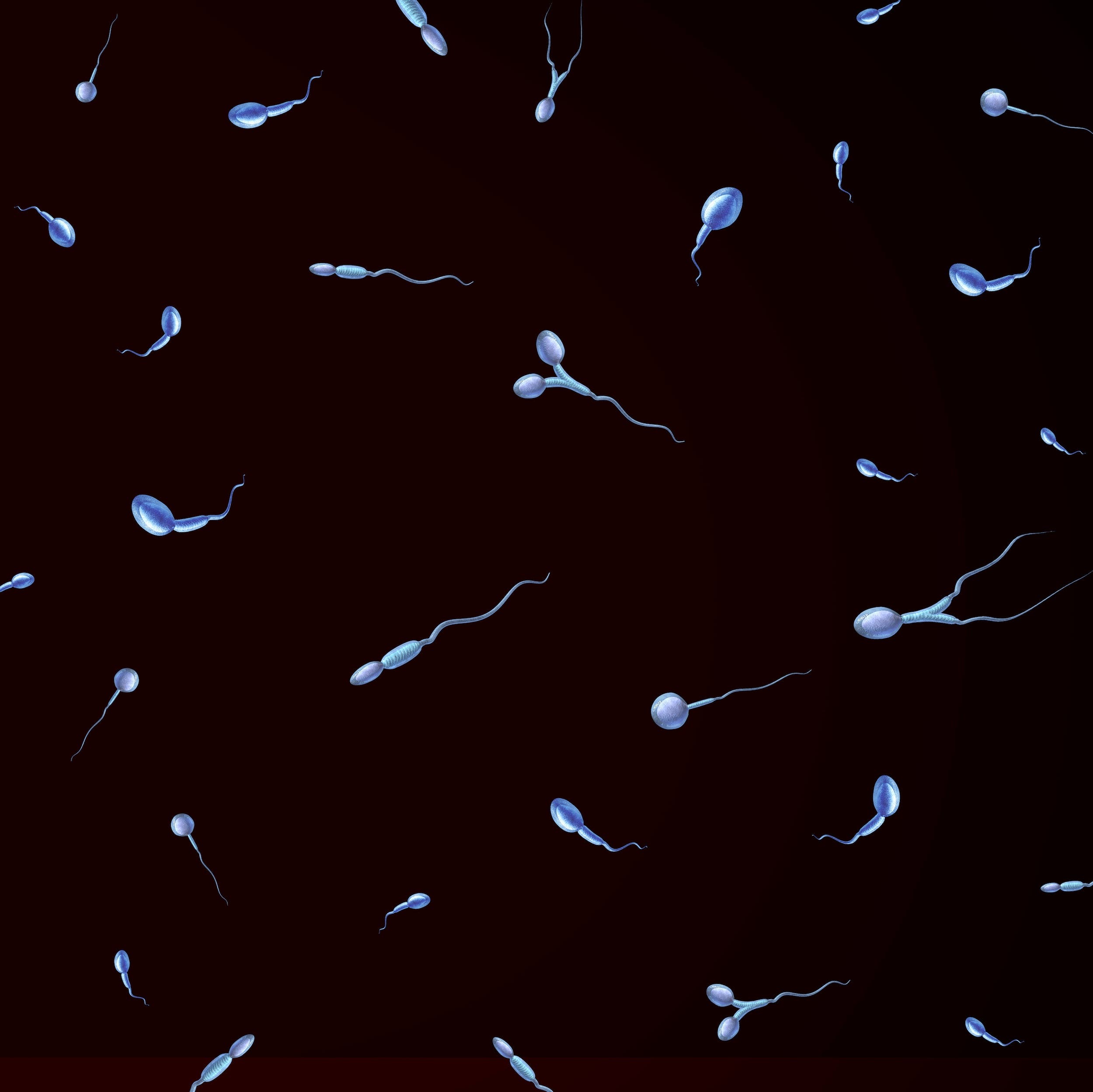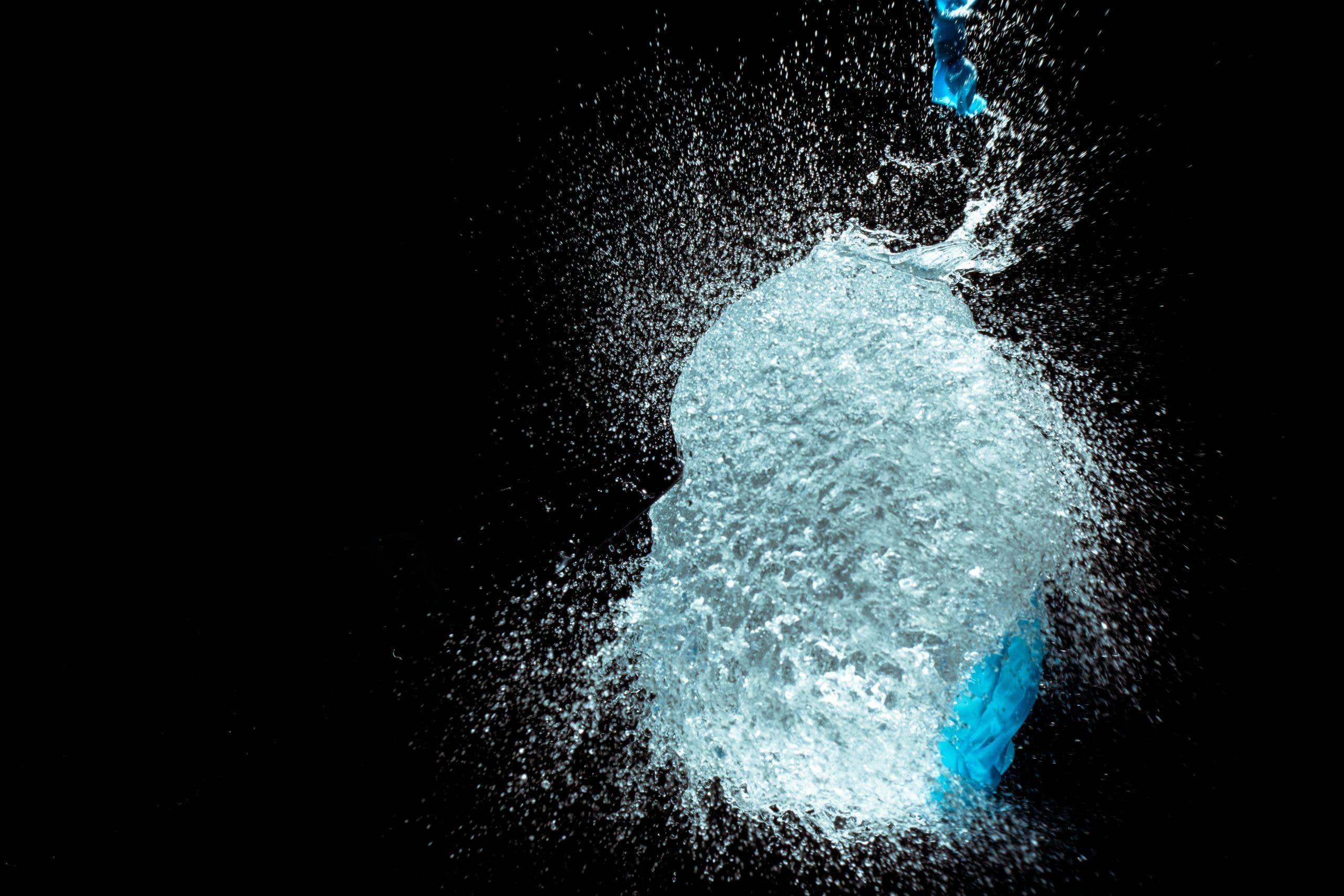Remember the old urban legend that Mountain Dew lowers sperm count? While Mountain Dew doesn’t drastically reduce sperm count, its high sugar content is still a concern for male fertility. Let’s explore the science behind how sugary drinks, caffeine, and even diet sodas could impact fertility.
Key takeaways:
- Multiple studies have examined the link between soda and sperm count, revealing potential reductions in both sperm concentration and quality.
- Excess sugar in soda can disrupt hormones, increase oxidative stress, and harm sperm quality.
- While moderate caffeine consumption alone may not significantly impact sperm, high intake, particularly through soft drinks and energy drinks, may negatively affect sperm motility and overall health.
- While research is ongoing, artificial sweeteners may also have negative impacts on sperm parameters, particularly morphology.
Does soda lower sperm count?
Research indicates that there may be a link between sugar-sweetened beverages like soda and lower sperm count.
A 2010 study of over 2,000 men showed a high consumption of cola beverages was correlated with both lower sperm count and concentration.1 Interestingly, a control group with equally high caffeine intake did not experience the same decline, indicating that the observed effect is likely not due to caffeine, but to the other ingredients in soda.
It’s not just sperm count that may be impacted — soda may also lower sperm quality. A study published in Human Reproduction found that young men who consumed higher amounts of sugar-sweetened beverages, including soda, had lower progressive sperm motility, the ability of sperm to swim forward in a straight line.2 While the exact mechanisms are still under investigation, the authors suggest that the metabolic effects of sugar, such as increased oxidative stress and insulin resistance, may play a role in impairing sperm function.
Not every study has found a link between soda and fertility. However, the relationship between soda, sugar, caffeine, and sperm quality warrants consideration for those prioritizing reproductive health.
How sugar affects sperm
Sugar consumption in the US has increased over 60% in the past century. Today, Americans eat 34 teaspoons of sugar per day, on average. At the same time, sperm counts and quality are on the decline globally. This raises concerns about a potential link between sugar and lower sperm quality.
A 2022 study revealed a negative correlation between dietary sugar intake, particularly from added sugar and sugary drinks like soda, and sperm concentration.3 A can of regular soda contains around 40g of added sugar — more than the American Heart Association recommends in a day, in one sitting.
Why? Sugar consumption can increase oxidative stress within the body. Oxidative stress happens when there are too many free radicals in the body. Free radicals are unstable molecules produced as a natural byproduct of metabolism, and can be increased by poor lifestyle (such as high sugar intake), illness, or toxin exposure.
Oxidative stress damages sperm cells and can lead to sperm DNA fragmentation, in which the genetic material inside sperm is damaged or broken. This potentially hinders sperm’s ability to fertilize an egg.
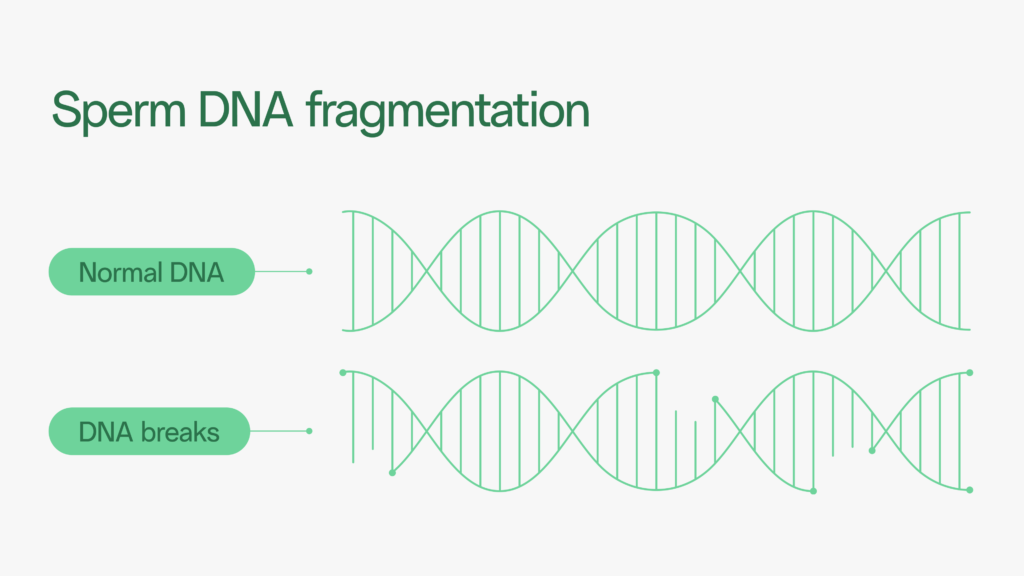
Additionally, chronic inflammation triggered by excessive sugar consumption has been implicated in various health issues, including impaired testicular function, a critical factor in sperm production and hormone regulation. Excess sugar can disrupt hormonal balance, specifically by affecting testosterone levels — and testosterone is a crucial hormone for sperm production and overall reproductive health.
While research is ongoing, these findings underscore the importance of moderating added sugar intake for those concerned about their reproductive health.
How caffeine affects sperm
Moderate caffeine consumption alone may not significantly impact sperm health. A comprehensive review of studies involving nearly 20,000 participants concluded that caffeine has a minimal impact on sperm health.6 Additionally, a Danish study found no significant effect of average caffeine intake alone on semen parameters.1
However, caffeine consumption through soda has been associated with decreased sperm count, concentration, and volume — probably thanks to the high sugar content we just talked about. Another report suggests that high coffee consumption (over three cups daily) may be linked to lower sperm quality, though the effect was still less pronounced than that of soft drinks.7
These findings highlight the potential importance of considering the delivery method of caffeine, rather than just the amount consumed, when evaluating its potential impact on male fertility. If you’re trying to conceive, it may be best to avoid soda or sugary energy drinks, and reach for a cup of black coffee or tea for your caffeine fix. Read more about caffeine’s effect on sperm.
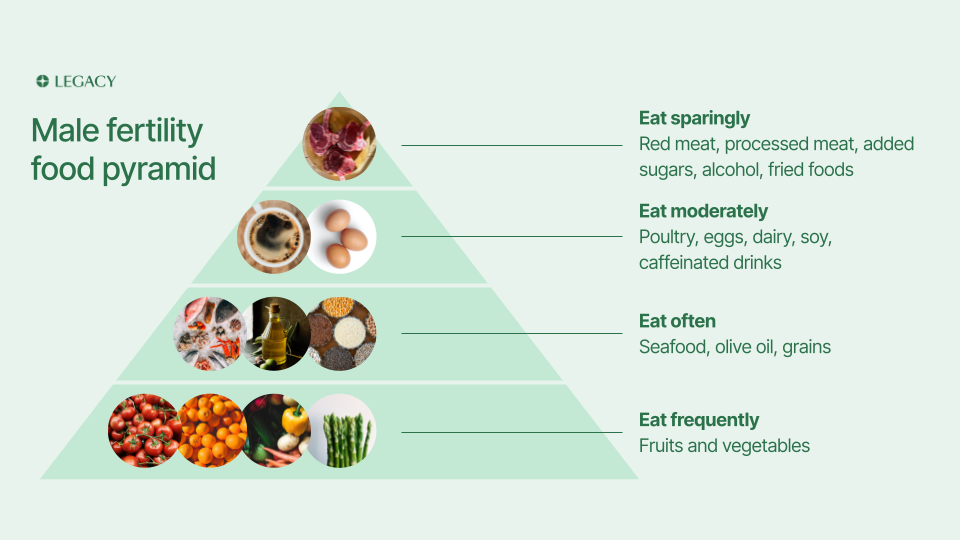
How does diet soda impact sperm count and health?
If the sugar in soda is an issue, does diet soda affect sperm health? Concerns have been raised about the potential impact of artificial sweeteners on sperm morphology — the shape and structure of sperm — as well as hormonal balance.
A 2022 study of over 1,000 young men investigated the relationship between beverage choice and semen quality.8 The study found an 11% lower proportion of morphologically normal sperm in men who consumed artificially sweetened beverages three or more days per week, compared to those who consumed them infrequently. This suggests that artificial sweeteners in diet soda may negatively affect sperm morphology, potentially impacting fertility.
Aspartame is the primary artificial sweetener used in diet sodas. Lab experiments conducted on adult male mice found that those given aspartame experienced significant changes in their sperm health, including reduced sperm parameters, lower testosterone levels, and decreased testicular tissue.9 The mice that received the highest dose of aspartame also exhibited lower sperm motility, a reduced sperm survival rate, and an increased occurrence of abnormally shaped sperm and sperm DNA damage. Interestingly, despite aspartame often being marketed for weight loss, the study observed that high doses were associated with weight gain in these mice.
We’re not mice, obviously. But this early research suggests that reducing or eliminating diet soda consumption may be a beneficial step towards improving fertility.
The bottom line: Soda isn’t a sperm-friendly choice
Soda and fertility have a complex relationship, with evidence suggesting that high consumption of sugary drinks can negatively affect sperm quality and count.
There’s some truth to the concern that sugary drinks like Mountain Dew may negatively impact sperm health. But it’s not just the Dew — it’s sweetened drinks in general.
If you’re concerned about your sperm health, consider reducing your soda intake, along with other potential fertility disruptors like alcohol, and opting for healthier beverage choices like water, herbal tea, or unsweetened fruit-infused water.
Remember, every step toward a healthier lifestyle can make a difference, and your sperm might just thank you for it. Want to understand your baseline? Test your sperm with Legacy’s at-home semen analysis kit and measure the impact of your dietary and lifestyle changes over time from the comfort of your own home.
References
- 1. Jensen et al., “Caffeine intake and semen quality in a population of 2,554 young Danish men.” 2010.
- 2. Nassan et al. “Association between intake of soft drinks and testicular function in young men.” 2021.
- 3. Chiu et al., “Sugar-sweetened beverage intake in relation to semen quality and reproductive hormone levels in young men.” 2014.
- 4. Wesselink et al. “Caffeine and caffeinated beverage consumption and fecundability in a preconception cohort.” 2016.
- 5. Efrat et al., “Sugar Consumption Is Negatively Associated with Semen Quality.” 2022.
- 6. Ricci et al., “Coffee and caffeine intake and male infertility: a systematic review.” 2017.
- 7. Wogatzky et al., “The combination matters – distinct impact of lifestyle factors on sperm quality: a study on semen analysis of 1683 patients according to MSOME criteria.” 2012.
- 8. Meldgaard et al., “Consumption of Sugar-Sweetened or Artificially Sweetened Beverages and Semen Quality in Young Men: A Cross-Sectional Study.” 2022.
- 9. Anbara et al., “Long-Term Effect of Aspartame on Male Reproductive System: Evidence for Testicular Histomorphometrics, Hsp70-2 Protein Expression and Biochemical Status.” 2020.
